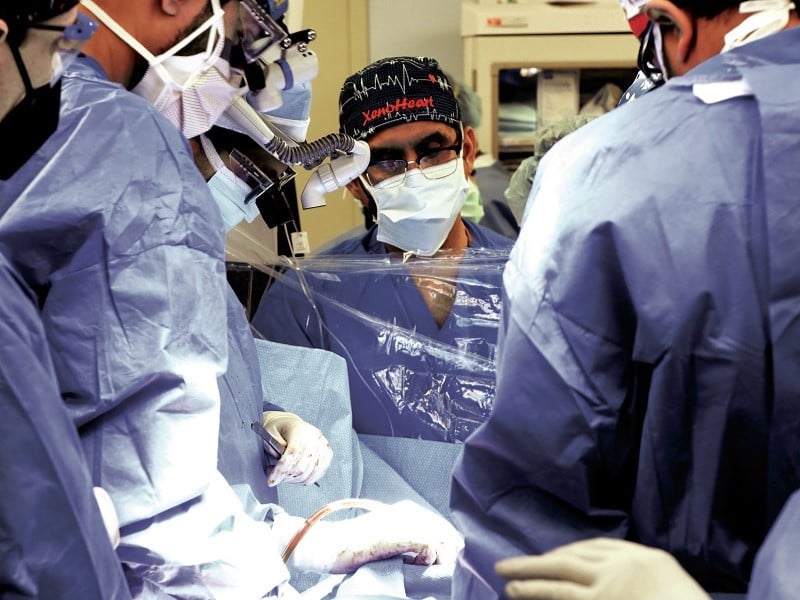
The recent euphoric uproar in the media and the social media about a Pakistani woman receiving an Indian heart through an organ transplant procedure necessitates to make the people aware that similar procedure can be conducted in Pakistan, that too free of cost.
Lack of awareness about legal and religious issues about heart transplant remains the biggest impediment in the organ donations, said the National Institute of Cardiovascular Diseases (NICVD) Executive Director Professor Tahir Saghir on Monday.
During a press briefing at the NICVD, the executive director highlighted the absence of legislation and awareness in society regarding organ transplantation in the country. As a result, heart transplantation procedures are not being performed.
He urged the religious scholars to convey the crucial message to the citizens, emphasising that by donating the organs of their deceased loved ones, they have the potential to save someone's life.
"It is important to note that a heart transplant differs from other organ transplants, as a healthy heart must be transplanted within a specific timeframe after the donor's death," he said.
Unlike kidney, liver or bone marrow transplants which involve living donors, heart transplant comes from a deceased person, thus legal and religious issues which need to be addressed.
Prof Saghir said the lack of legislation and awareness within society was currently impeding the success of this procedure.
Progress in cardiac care
The NICVD executive director said that the Sindh government was undertaking the construction of a groundbreaking cardiology hospital in the Landhi area of Karachi. This ambitious endeavour aims to establish the world's largest and most advanced healthcare facility, equipped with an impressive 1200 beds. Furthermore, plans are underway to establish a research faculty and a nursing school in the hospital. Notably, this hospital will be named after the Zulfikar Ali Bhutto.
NICVD was estbalished in 1963. Initially, it operated as a single hospital, but it has now expanded to encompass 10 hospitals that offer services not just in Karachi, but also in Sukkur, Larkana, Khairpur, Sehwan, Nawabshah, Hyderabad, Tando Muhammad Khan, Mithi, and Lyari. These hospitals provide a range of services including Angiography, Angioplasty, Heart Bypass, Laboratory, Radiology, Outpatient Department (OPD), Echocardiography, and other amenities.
Furthermore, 29 "Chest Pain Units" have been set up across Sindh to provide urgent medical assistance to individuals suffering from heart attacks. Of these, 19 are situated in Karachi, and one each in Ghotki, Tando Bago, Umarkot, Jacobabad, Tando Allahyar, Shikarpur, Thatta, Kashmore, and Bhiria City. To date, over 1.3 million patients have received completely free treatment at these facilities.
Additionally, Professor Tahir Saghir highlighted the recent introduction of state-of-the-art paralysis treatment in Karachi and Tando Mohammad Khan. More than 300 patients have already undergone this procedure, preventing permanent disabilities. Soon, this innovative treatment will be extended to Sukkur. Each year, numerous patients from Sindh and neighbouring provinces seek free modern treatment at NICVD and its satellite facilities.
Published in The Express Tribune, April 30th, 2024.














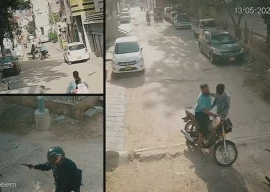
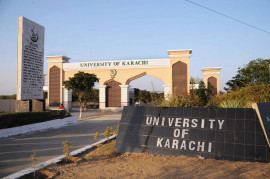
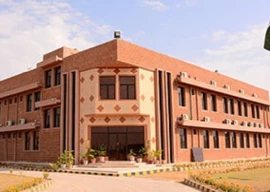
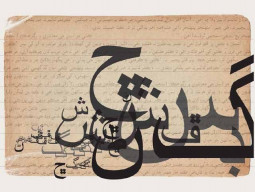
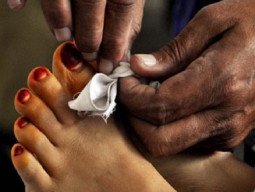


1683888120-0/image-(3)1683888120-0-270x192.webp)
1715752665-0/hazimpraise-(1)1715752665-0-270x192.webp)






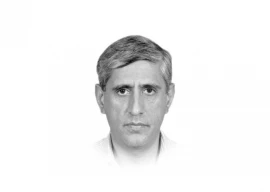
COMMENTS
Comments are moderated and generally will be posted if they are on-topic and not abusive.
For more information, please see our Comments FAQ